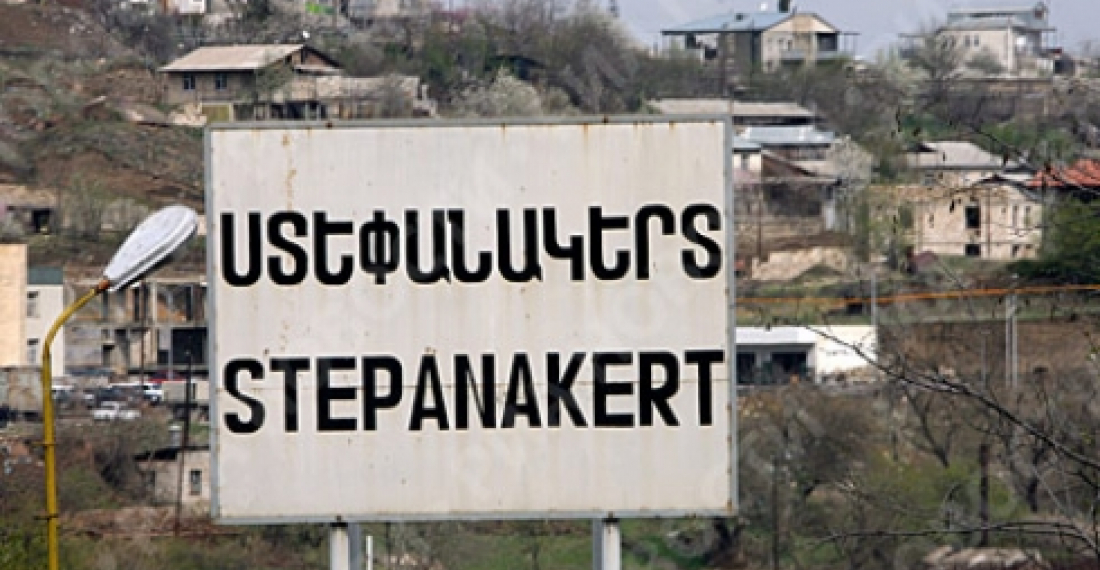Спустя несколько дней после визита на линию соприкосновения Карабахского конфликта дипломатов Минской Группы ОБСЕ стороны сообщили о новых нарушениях прекращения огня, вторжений и потерях.
Как сообщают армянские СМИ, солдат сил самопровозглашенной Нагорно-Карабахской Республики был убит во вторник в результате огня с противоположной стороны. Артуру Оганджаняну было всего 20 лет.
В то же время обе стороны продолжают обвинять друг друга в нарушении режима прекращения огня. Режим прекращения огня был достигнут двадцать лет назад. Армянские источники утверждают, что рано утром в четверг они отбили вторжение азербайджанских сил по всей линии соприкосновения. Те же источники сообщили, что в результате данного инцидента были ранены несколько азербайджанских солдат. С армянской стороны никто не пострадал, и азербайджанская сторона пока еще не прокомментировала инцидент.
Потери и инциденты являются частью того, что стало повседневной жизнью на линии соприкосновения, разделяющей тысячи армянских и азербайджанских солдат в зоне нагорно-карабахского конфликта. В очередной раз в мирном процессе наблюдается застой. Выступая на заседании Совета Европы на Постоянном комитете в Баку в пятницу, министр иностранных дел Азербайджана Эльмар Мамедъяров сказал, что переговорный процесс "еще не исчерпан" и вновь призвал к поэтапному подходу к переговорам, и освобождению Арменией занятых территории Азербайджана вокруг Нагорного Карабаха.
Источник: commonspace.eu






